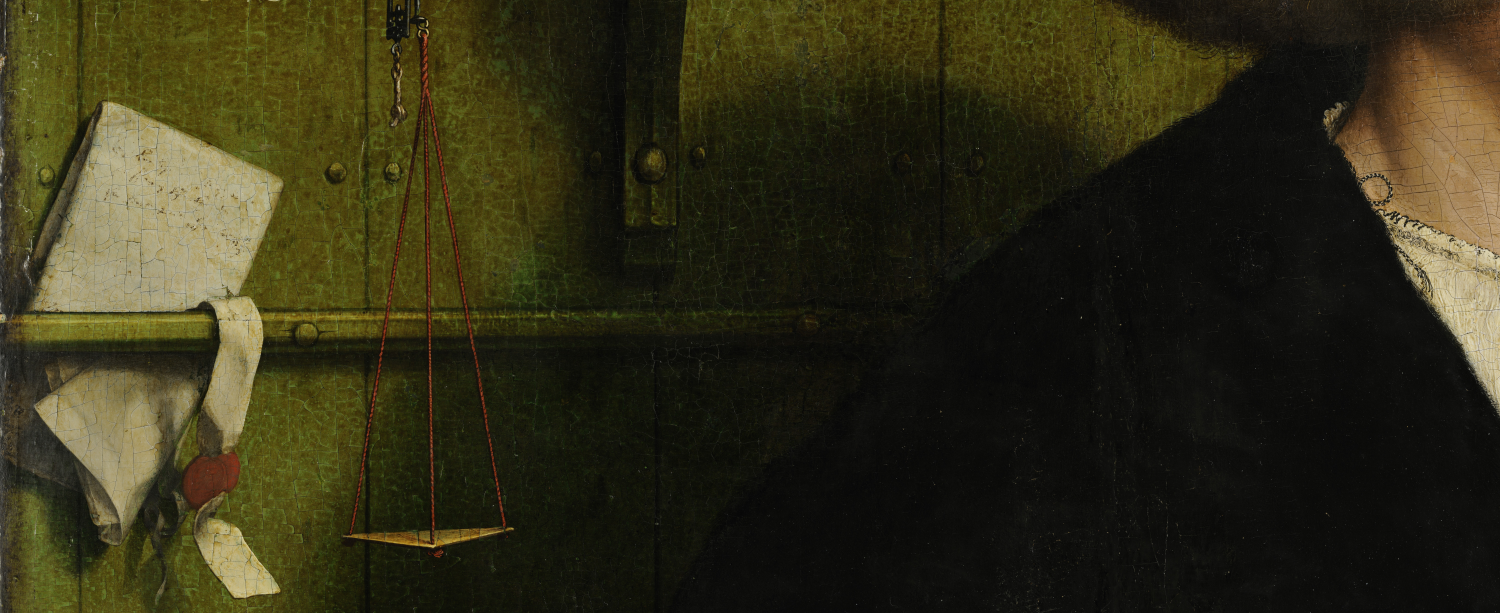The darker angels of our nature (ed. Dwyer and Micale)
Justyna Wubs-MrozewiczSteven Pinker’s ‘The better angels of our nature’ painted an optimistic picture of the decline of violence in our modern world: the historical perspective was to demonstrate that we have come to grips with dark inclinations. The civilizing progress of Norbert Elias, once again. It’s a perspective we would like to believe, but is it true?
The current news upends it when it comes to the 21st century. In today’s #microreview, the superb ‘The darker angels of our nature’ (2022), the historians who wrote the 18 chapters argue that violence in the past centuries is a far more complex topic than Pinker assumed. There are many methodological points to be raised, e.g. his use of statistics of deaths over long periods of time, and without context. From our #conflictmanagement point of view, one of the major issues is the definition of violence: it does not and did not only equal homicide, which Pinker presented as a proxy. Violence encompasses nonlethal forms like injuries, humiliation, sexual and verbal violence. This broad spectrum still exists, and it certainly occurred in the past. Another point is that such violence was not simply accepted: laws, legal procedures or treaties on good behaviour show societies wanted to curb it. The premodern days were not just the bad example against which the modern time can cut a good figure. The volume shows that in order to understand human violence and our ways of dealing with it, specific historical cases (and the news) have to be analysed in their context. Few angels appear, but it clear that people see, reflect on - and act on violence.
https://www.bloomsbury.com/us/darker-angels-of-our-nature-9781350140608/
JW-M
